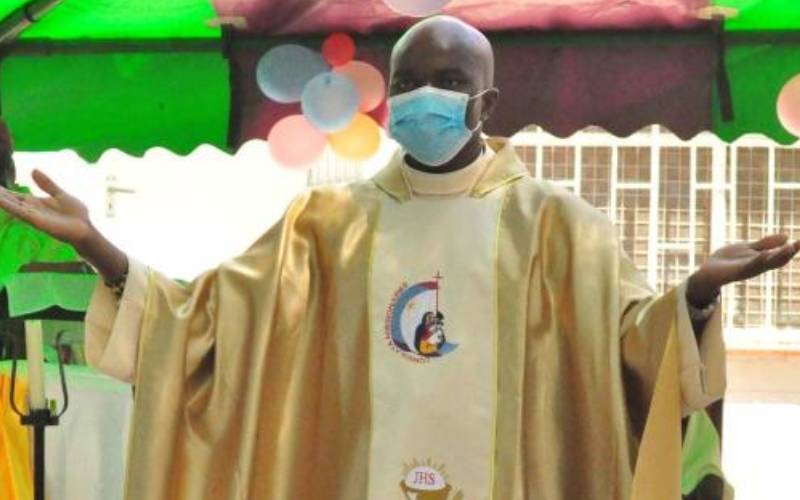×
The Standard e-Paper
Home To Bold Columnists

Inside the Intensive Care Unit (ICU) at Siaya Referral Hospital is a patient on oxygen, his family outside the unit waiting for news about him with bated breath.
Father Nobert Migoye of Pantaleon Catholic Church Siaya Parish walks in with his Roman collar barely visible. He is in personal protective equipment (PPE) and is not easily identifiable.